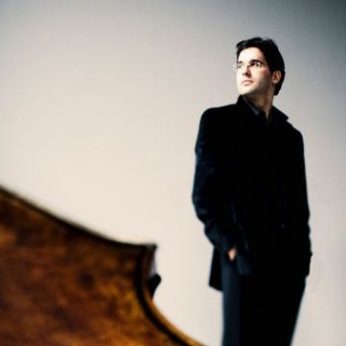Composer: Franz Liszt (b. 1811 - d. 1886)
Performance date: 30/06/2011
Venue: St. Brendan’s Church
Composition Year: 1882
Duration: 00:09:36
Recording Engineer: Anton Timoney, RTÉ lyric fm
Instrumentation: vc, pf
Instrumentation Category:Duo
Artists:
Christian Poltera -
[cello]
Cédric Tiberghien -
[piano]

Copyright © 2025 West Cork Music. All rights reserved.
Designed and developed by Matrix Internet